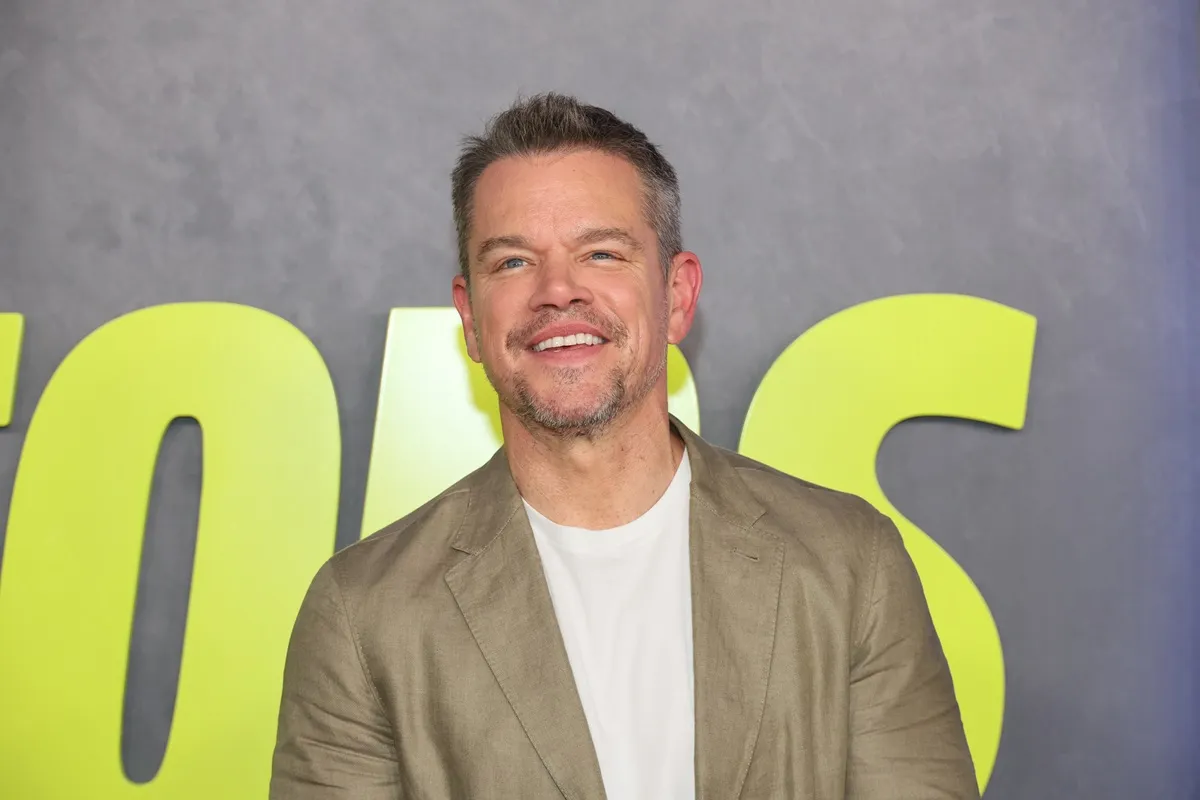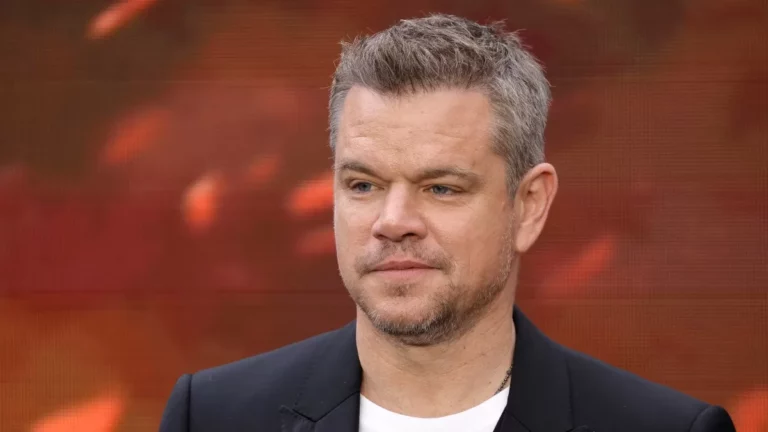In the glamorous world of Hollywood, where every frame and film reel is scrutinized, the personas of those behind the camera can often be misunderstood or misrepresented. Among the elite directors, Clint Eastwood stands as a towering figure, revered not only for his extensive catalog of critical and commercial hits but also for his directorial style, which, contrary to popular belief, is far from autocratic. Matt Damon, a seasoned actor with a portfolio that spans blockbuster hits like The Martian, Saving Private Ryan, and Ford v Ferrari, recently shared insights that challenge the stern image many have of Eastwood.

Clint Eastwood: A Mentor, Not a Dictator
It’s a misconception that has traveled through Hollywood’s echelons over the years—Clint Eastwood, the director, is as unyielding and rigid as the stoic characters he often portrays. However, Matt Damon, having worked under Eastwood’s direction in films such as Hereafter (2010), brings a different perspective to the table. During a revealing interview with IGN, Damon highlighted a side of Eastwood that might surprise many fans and followers of the veteran director.
“Every single one of them—the ones that we would call master filmmakers, they are all really solicitous of everyone’s opinion around them,” Damon explained, noting that this trait was not only common but essential among the best in the business. This approach is far removed from the dictatorial image often associated with successful directors. Damon further illustrated Eastwood’s collaborative spirit by recounting a personal anecdote: “Clint said to me a few years ago ‘Why wouldn’t I take your suggestion if it’s good? They’re just going to give me credit for it!’” This statement not only underscores Eastwood’s humility but also his pragmatic approach to filmmaking.

A Legacy of Collaboration
Clint Eastwood’s career, spanning several decades, is decorated with diverse projects that have left an indelible mark on the industry. From the gritty westerns of the mid-20th century to poignant dramas like Million Dollar Baby, Eastwood’s work is a testament to his versatility and dedication to the craft. But perhaps more notable is his openness to collaboration, a quality that Matt Damon emphasizes greatly.
Unlike the harsh, unforgiving landscapes of his films, Eastwood’s sets are described by those who have worked with him as inclusive and open forums. This environment not only enhances the creative process but also ensures that every member of the team, from lead actors like Damon to key crew members, feels valued and heard. This methodology not only debunks the myth of the tyrannical director but also highlights the essence of true leadership in a creative setting.
Redefining Leadership in Filmmaking
As Hollywood continues to evolve, the role of the director has undergone significant scrutiny and reevaluation. Clint Eastwood, through his practices, exemplifies a leadership style that is both effective and nurturing. By fostering a culture of openness and mutual respect, he challenges prevailing notions about the dynamics of power on set.

Matt Damon’s testimonial offers a refreshing insight into Clint Eastwood’s directorial demeanor, painting a picture of a filmmaker who is as generous with credit as he is committed to cinematic excellence. In dispelling this long-held myth, Damon not only enriches our understanding of Eastwood as a director but also enlightens us on the collaborative essence of filmmaking, which, at its core, is a symphony of diverse voices and talents coming together to create art that resonates across generations.
